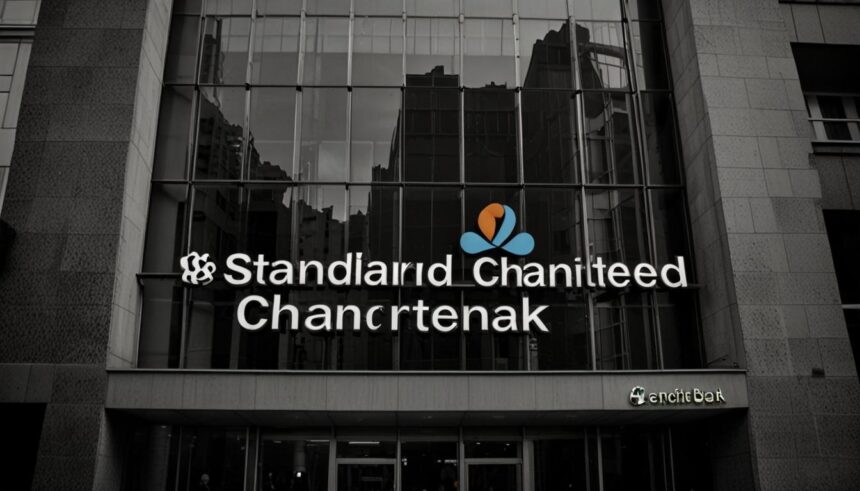Former executives reveal previously undetected transactions with Iran-linked entities, amounting to billions, leading to revived legal action against the bank.
Whistleblowers Unearth Alleged Sanctions Violations by Standard Chartered
On Friday, whistleblowers submitted a court filing in New York claiming that Standard Chartered (StanChart) engaged in previously undetected transactions with Iran-linked entities, including sanctioned companies and terrorist organizations. The transactions were reportedly found after re-examining spreadsheets and documents provided to U.S. authorities in 2012 and 2013.
Julian Knight, a former StanChart executive, and Robert Marcellus, a currency trader, allege they uncovered hidden data involving over half a million financial transactions. These include transactions worth $9.6 billion with sanctioned Iranian entities and $100 billion in forex transactions tied to Iran, carried out between 2008 and 2013. The bank had announced in 2007 that it would cease all new business with Iranian customers.
StanChart, headquartered in London, dismissed these allegations, describing them as fabricated and previously discredited by U.S. authorities. The bank maintains confidence that the courts will reject these claims.
The whistleblowers are seeking to revive a lawsuit filed in Manhattan federal court in 2012, arguing U.S. authorities dismissed their evidence. They allege the U.S. government committed a “colossal fraud on the court” by denying the substantive nature of the evidence provided.
A U.S. federal statute allows whistleblowers to sue on behalf of the government in “qui tam” actions and share in the proceeds if their claims are substantiated. However, U.S. agencies have argued the case against the bank used evidence unrelated to the whistleblowers’ material and classified the alleged breaches as “wind-down” transactions.
Earlier this year, the U.S. Supreme Court declined to hear the whistleblowers’ civil suit, which had been dismissed by a lower court. StanChart has paid over $2 billion in penalties since 2012 for sanctions violations and due diligence failures, including a $1.1 billion fine in 2019 as part of a deferred prosecution agreement.





